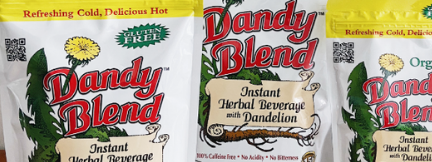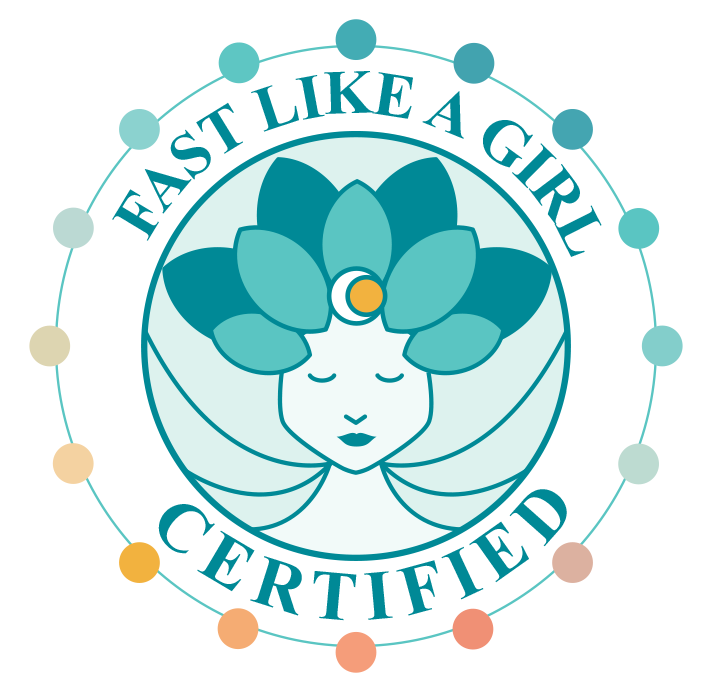In our culture, we often self-medicate without being aware of exactly how we are impacting our long-term health.
From my perspective, coffee is a medicine, and is commonly used to self-medicate.
I have written in other blogs about coffee’s effects on our alertness and energy, and how our system accommodates to regular stimulation with coffee. The end result is needing that cup of coffee just to return to our baseline of alertness every day. Is it worth it?
On international coffee day, I celebrate coffee as medicine and advise the use of other beverages for regular daily consumption.
Medicinal Effects
The caffeine in coffee is a stimulant, but according to Dr. Andrew Weil, coffee is more powerful than refined caffeine. However, the stimulant effect is what is most often abused.
As a stimulant, it can be used on special occasions, with a purpose, and not frequently. For example, over a thousand years ago, Muslims in the Middle East would use coffee in religious rituals to stay up all night praying and chanting.
Coffee contains antioxidants, chemicals which fight inflammation. Unprocessed coffee beans can contain more than 1,000 different antioxidants, and hundreds more can develop in the roasting process. However, I would not count on coffee to be your major source of these, since certain seasonings, berries, fruits, nuts or even tea would be a better source.
Coffee affects the liver and gall bladder. The common experience of having a bowel movement after a cup of coffee is through the mechanisms of these organs. Coffee stimulates the release of the hormone cholecystokinin, which gets the gallbladder moving, and possibly gets the large intestine going. This is what produces the bowel movement.
Caffeine also affects the gall bladder to increase bile flow which also helps with bowel movements. It does some other stuff that may prevent the formation of gall stones.
It can be protective for inflammation and damage to the liver. Scientists found an inverse relationship between coffee drinking and blood levels of liver enzymes. If we are doing things to damage the liver, resulting in higher liver enzymes, coffee might counteract that.
The caffeine in coffee can help with exercise performance. It has been shown to strengthen muscle contraction, reduce the exerciser’s perception of pain, and increase fatty acids available for fuel, which supports endurance.
Coffee can lift our mood, beyond the expectation that it is a pleasant experience to drink it. Caffeine has been shown to activate dopamine and serotonin, neurotransmitters that help control mood.
However, watch your dose, because coffee can have side effects of
- racing heart
- anxiety
- stomachache
- irritability
- disturbed sleep
- tremors
- dizziness
If not coffee, what?
Nothing can compare to the taste of coffee, but some beverages can give some of the qualities we look to when choosing coffee to drink. When we want a warm, comforting beverage with a full-bodied flavor, there are substances other than coffee that we can consider.
The primary one I recommend is something that could substitute for coffee daily, unless you are a coffee snob – I mean coffee connoisseur.
It is called Dandy Blend.
On international coffee day, I raise a mug of hot Dandy Blend and reserve coffee for medicinal uses.
Dandy Blend is an herbal beverage made from extracts of roasted barley, rye, chicory root, dandelion root and sugar beet. It is a little bit sweet with out sugar. Its sweetness comes from fructose that occurs naturally in roasted dandelion and chicory roots.
Unlike coffee, Dandy Blend contains no caffeine, acidity or bitterness. In addition, it is free of any additives, preservatives, GMOS, pesticides, or anything artificial.
Besides being a healthy alternative to coffee, Dandy Blend has some health benefits.
Health Benefits
The main ingredient and its namesake is Dandelion root. The health benefits of dandelion root include the vitamins A, B, C, K and E, and minerals. In a typical serving of Dandy Blend, the mineral profile is:
Major Minerals:
Potassium 22.2 mg
Sodium 3.2 mg
Phosphorus 2.8 mg
Magnesium 2.0 mg
Calcium 2.1 mg
Iron 0.9 mg
Aluminum 0.05mg
Manganese 0.03
Trace Minerals:
Rubidium 12.0 mcg
Zinc 8.6 mcg
Barium 6.0 mcg
Boron 4.0 mcg
Copper 1.6 mcg
Strontium 2.0 mcg
Chromium 2.0 mcg
Titanium 2.0 mcg
Dandelion and Chicory, due to their inulin content, may help to balance blood glucose levels in women with type 2 diabetes, type 2 diabetes, bring down blood sugar in type 2 diabetic patients, in diabetic rats which may apply to humans.
Also, dandelion root has an antimicrobial and antiviral effects, even on HIV. It also has anti-inflammatory and antioxidant properties.
Dandelion potentially can support liver health and reduce an elevated cholesterol as well as help with digestion. Dandelion root has been used for ages for its benefits for the liver.
Dandelion root contains inulin, and as a soluble fiber, it helps promote healthy gut microbes which not only aid digestion, but help support the immune system.
There are other roasted root instant beverages on the market, but they are not gluten-free. Dandy Blend is tested and certified gluten-free.
Where can I get it?
Dandy Blend is available from the manufacturers from their website, DandyBlend.com. They also have a list of distributors. I have found it at my local Natural Grocers, as well as on Amazon.
Outside of the United States, Dandy Blend can be ordered from iHerb.com.





